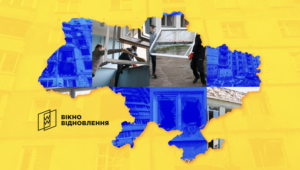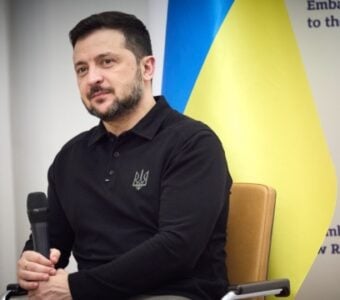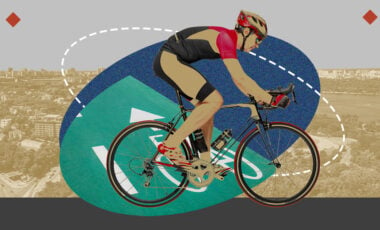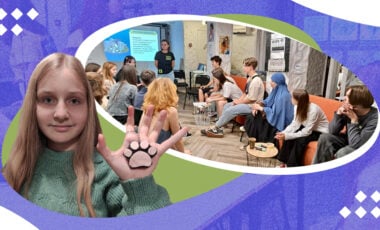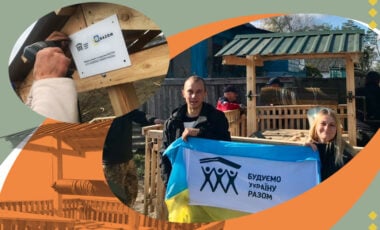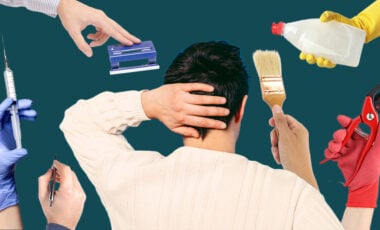Eco-solution: Kyiv café starts collecting bottles and Russian-language books for recycling

Фото: Інстаграм / fpg.upcycle.store
Kyiv citizens can now bring Russian books to the local café and hand them in for recycling.
This campaign also collects bottles and paper to make interior items, the Weekend outlet reports.
What is the problem?
Before the full-scale war, Ukraine had 15.6 billion tonnes of industrial and household waste. Landfills occupy over 9,000 hectares of the territory, such as in Kremenchuk or Khmelnytskyi, says Andrii Malyovanyi, ex-minister of the Ukraine's Environmental Inspectorate.
The waste sorting and recycling industry in Ukraine has always been an area that requires significant improvements, both at the government and the personal responsibility of every Ukrainian.
The waste collection is no surprise to anyone, but not all have started sorting it at home. Many still believe it is inconvenient, unpleasant, and difficult.
However, Kyiv citizens are starting to think about the ability to reuse paper and bottles, giving them a second life and contributing to environmental protection.
What is the solution?
Natella Dumbadze's cafe in Kyiv uses glassware made from cut-off bottles.
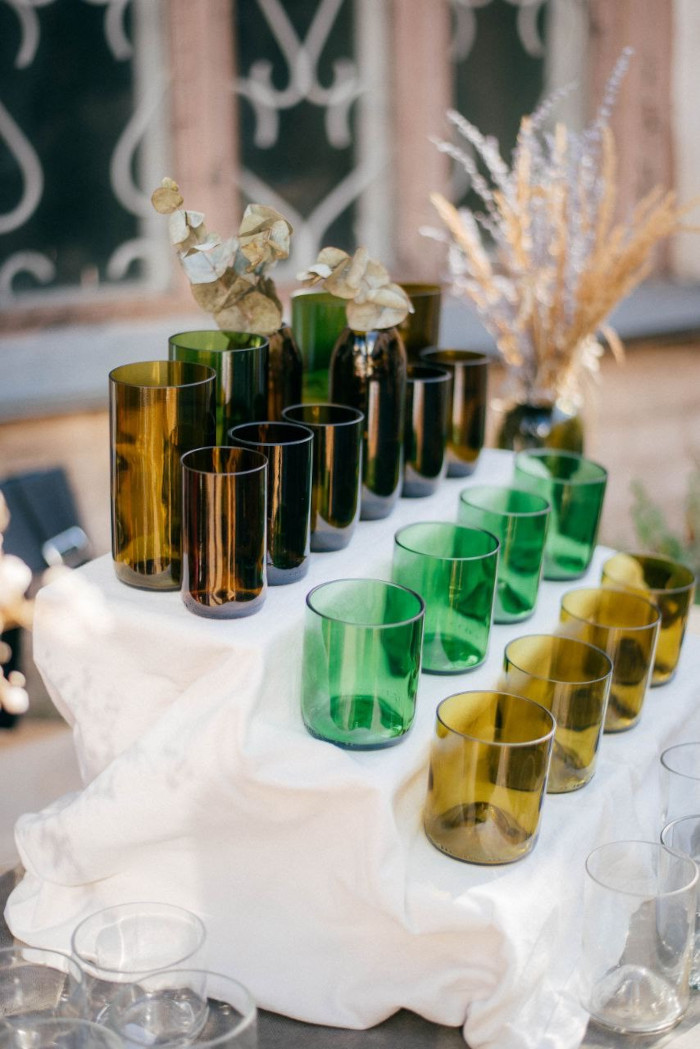
Photo: fpg.upcycle.store
The cafe also uses interior items made from recycled paper.
We are a very small and young project. We don't have any warehouses yet. After the announcement, we collected so many books that sometimes we couldn't even walk into the workshop, says the project founder.
Посмотреть эту публикацию в Instagram
How does it work?
I have planned to combine several different recyclable materials in this project: paper, glass, and fibers. Two out of the three technologies have already been launched: we recycle bottles into glasses and vases, and paper into various products, Natella shared her ideas.
The whole business started with glasses and general contribution to the environment.
It took me a while to develop the technology for processing bottles into glasses. I use home-made tools because it is difficult to find the right nozzles for grinding cylindrical glass.

Photo: fpg.upcycle.store
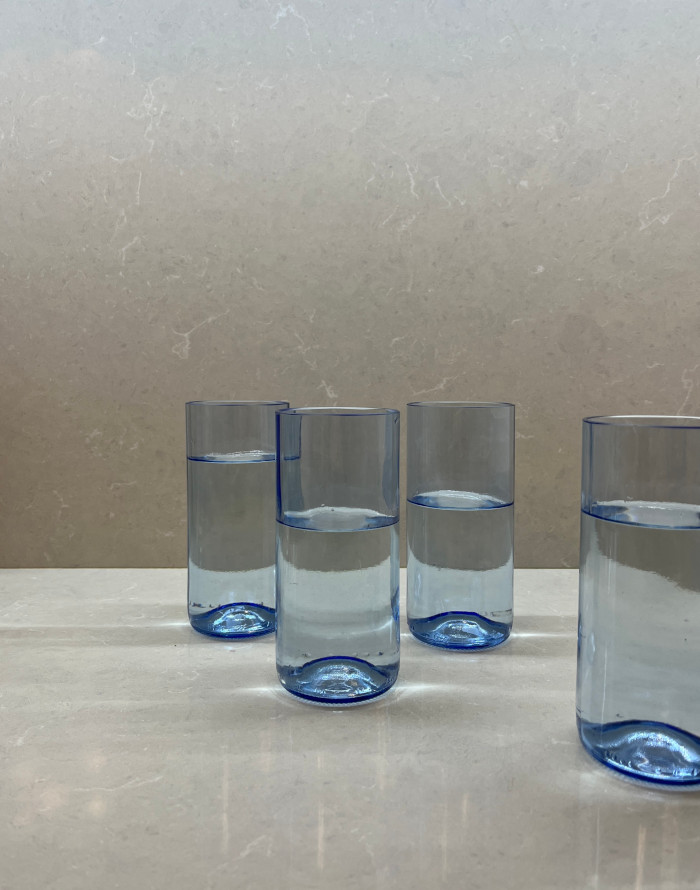
Photo: fpg.upcycle.storeHowever, she figured out the idea and found a tool to protect the inner edge to become rounded. These were recycled bottles.
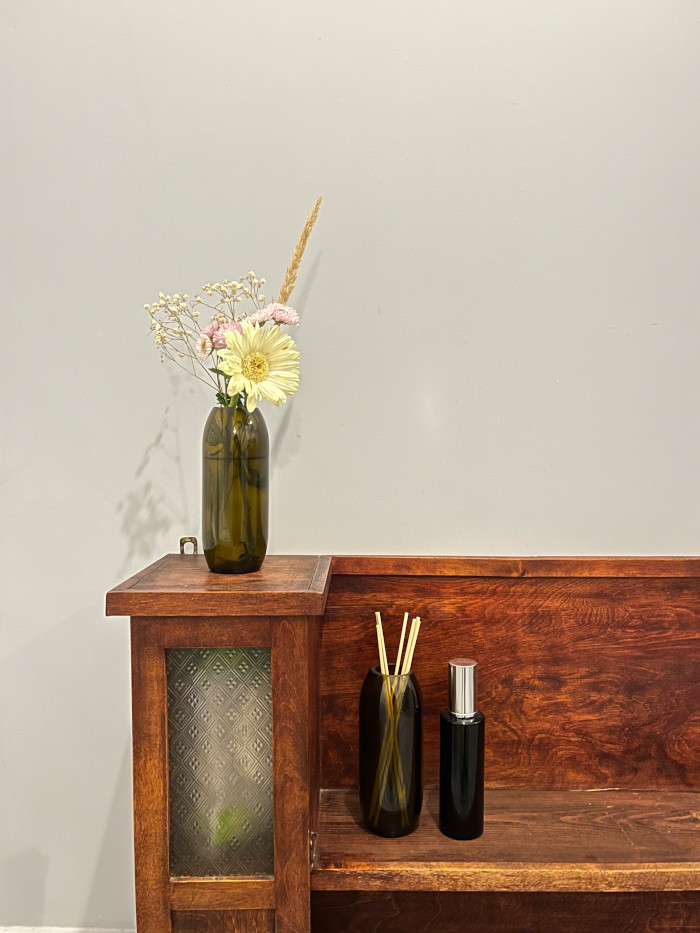
Photo: fpg.upcycle.store
So I decided to start with the bottles in our cafe. Now we not only use these glasses for ourselves, but also sell them. Mostly, other businesses buy them to use in their own restaurants. We also cooperate with candlestick makers: they pour candles into our glasses, said the café owner.
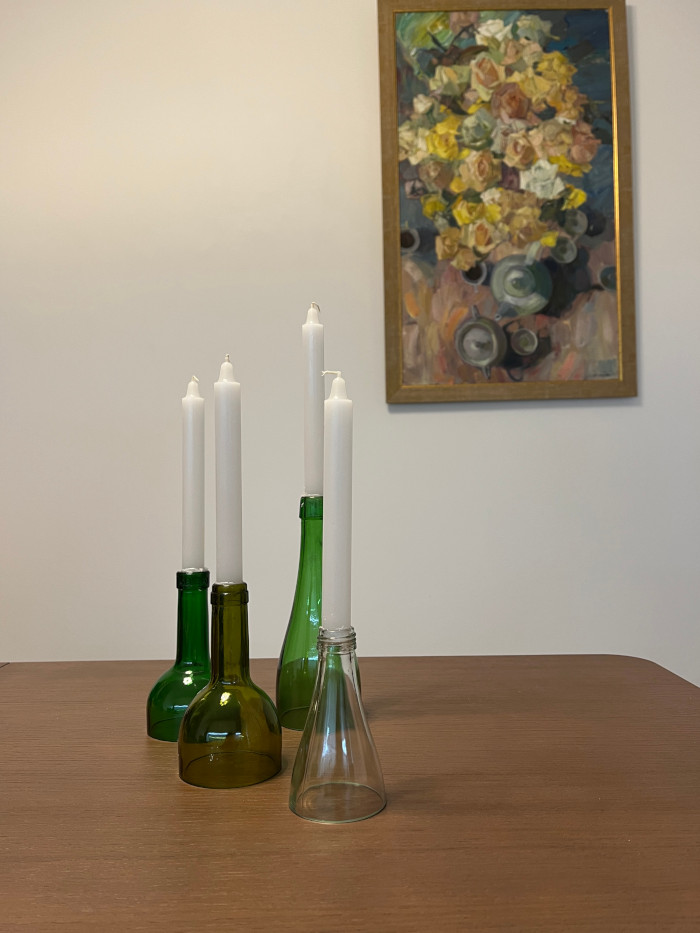
Photo: fpg.upcycle.store
Several girls work in ceramics to see how the paper pulp behaves in ceramic modeling techniques and how it would look in the interior.
First of all, we work on creating lamps. Paper products are quite light, and such a lamp looks like a ceramic or mycelium product. We also make business cards and cards for artists and entrepreneurs who want to make business cards on eco-paper, noted Natella.
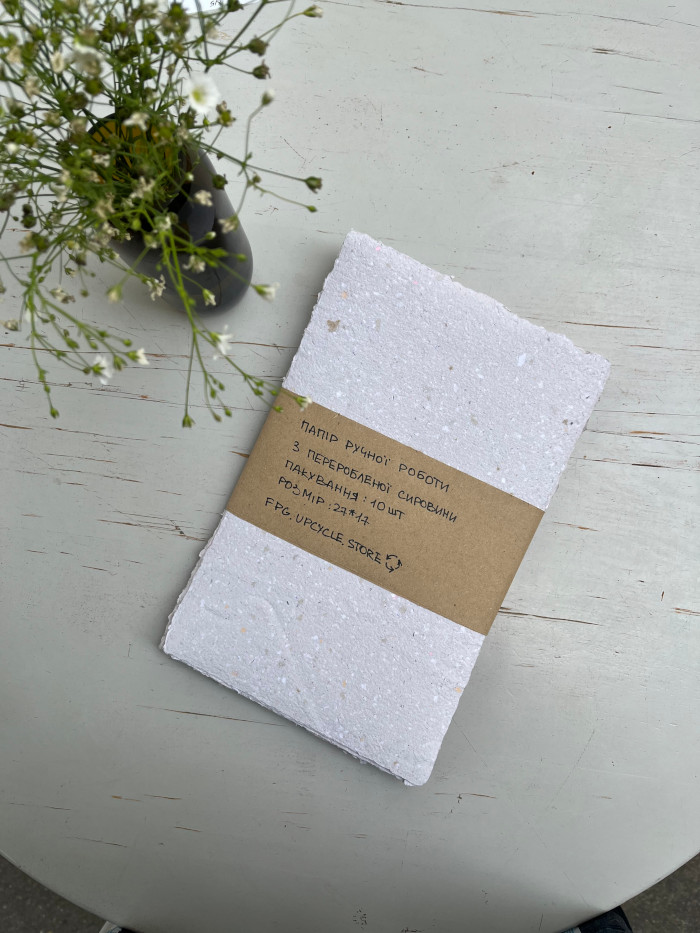
Photo: fpg.upcycle.store
Glasses made from recycled bottles and paper using this technology are more expensive because recycling is a manual process. Recycled materials are called raw materials because they have to go a long way from being a product.
Meanwhile, the Ukrainian start-up Releaf Paper, which has developed a technology to produce environmentally friendly paper from fallen leaves, is launching a plant in France.
Australian crowdfunding startup Good-Edi makes edible coffee cups to fight against disposable products that have a polyethylene shell.



